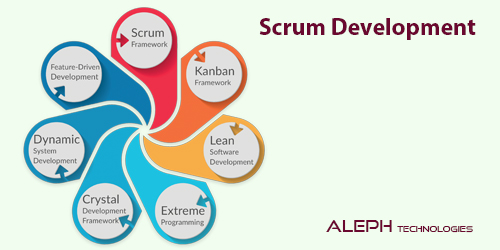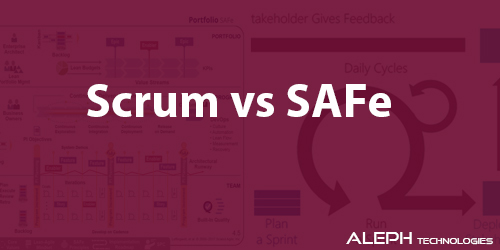5 Factors to Help Prioritize Your Scrum Product Backlog
Scrum is designed as a simple yet effective framework for complex product delivery. However, without proper prioritization, a product backlog can lead to poor decision-making and wasted resources. In this post, we'll explore five factors to help you prioritize your Scrum product backlog effectively. 🚀
1. MVP Alignment
Start by identifying the Minimum Viable Product (MVP) for your customers. Prioritize features based on their alignment with the MVP concept, categorizing them into "Must Have," "Nice to Have," and "Won't Have" categories. This ensures that essential features are addressed first, optimizing resource allocation. 💡
2. Customer Value
Prioritize features that add value to your customers. Gather customer feedback through surveys, polls, and reviews to understand their needs and preferences. Use this data to prioritize features that will enhance the user experience and deliver tangible value. 📊
3. Persona Analysis
Create personas to understand your customers better. Analyze their motivations and challenges to tailor features that cater to their specific needs. This approach ensures that your product backlog prioritization is customer-centric and focused on delivering meaningful solutions. 👥
4. Data-Driven Decisions
Utilize data, testing, and user feedback to make informed prioritization decisions. Follow UX design principles and conduct thorough testing to validate feature priorities. Incorporate insights from data analysis to prioritize features that drive business value and improve user satisfaction. 📈
5. Risk Management
Prioritize high-risk backlogs early in the development cycle to mitigate potential risks. Analyze the impact of features on development timelines and business outcomes. By addressing high-risk items proactively, you can minimize implementation risks and optimize resource utilization. ⚠️
Conclusion
Effective prioritization of your Scrum product backlog is essential for delivering value to your customers and optimizing resource allocation. By aligning features with MVP principles, focusing on customer value, analyzing personas, making data-driven decisions, and managing risks, you can ensure that your product backlog prioritization is strategic and results-driven. 🌟
Related posts
-

Scrum Development: A Comprehensive Overview 🚀
Mar 25, 2024 -

Understanding Scaled Agile (SAFe) and Disciplined Agile Delivery (DAD)
Mar 25, 2024 -

Scrum vs SAFe: Unveiling the Differences 🔄
Mar 25, 2024 -

Unlocking Business Agility with SAFe: A Comprehensive Guide 🚀
Mar 25, 2024

Please login to check comments